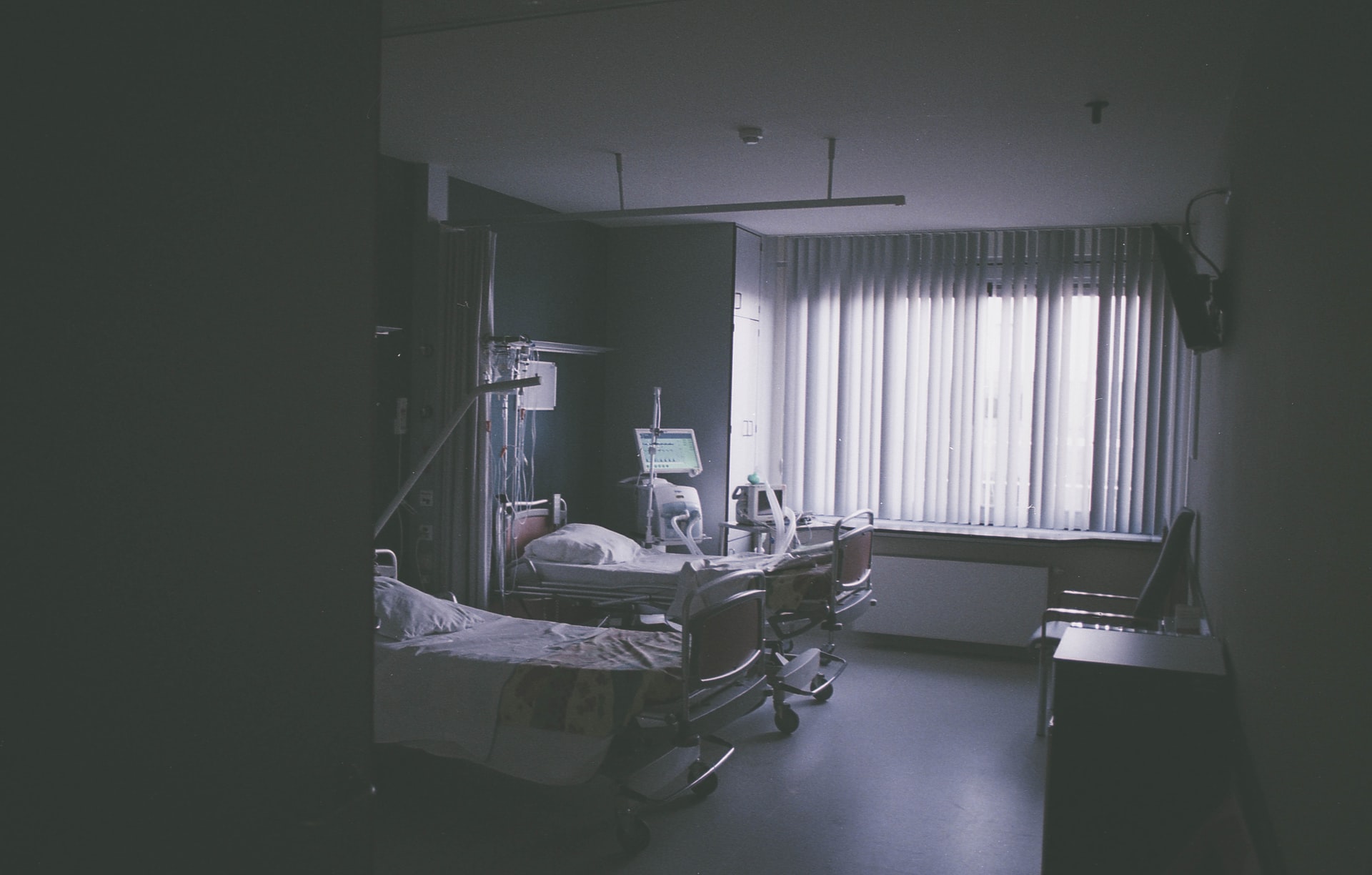Recent reports suggest more Kiwis are overdosing with liquid ecstasy, particularly in the Wellington region.
In response, High Alert has published an overview of the drugs GBL and GHB, also known as liquid ecstasy.
The SMC asked experts to comment on this news.
Dr Adam Pomerleau, Director and Medical Toxicologist at the National Poisons Centre, comments:
“GHB and GBL are substances capable of causing severe harms or death. They are distinct substances, but in the body GBL is converted to GHB and thus both have similar effects.
“Harmful effects can include coma, impaired breathing, seizure, and more. Individuals who choose to use these substances will always be at risk of unintentional overdose and avoiding use entirely is the safest choice.”
Conflict of interest statement: ‘The National Poisons Centre is part of the University of Otago and funded as part of the Ministry of Health’s National Telehealth Service. No conflicts of interest to declare.’
Dr Paul Quigley, Clinical Toxicologist and Emergency Medicine Specialist, Wellington Emergency Department, comments:
“GHB, GBL and 1,4 Butanediol are chemicals that are commonly referred to on the street as Liquid Ecstasy, Rinse or Fantasy, amongst other names.
“They are amongst the most addictive and dangerous of the recreational drugs and were responsible for a number of deaths in the early 2000’s. While they have been present on and off in the Auckland region, recently we have seen a significant rise in use and complications, particularly in Wellington.
“These cases are often a medical emergency with the patient deeply unconscious, potentially not breathing, and requiring life-support. When patients wake up, they are often un-cooperative, and many then leave without seeking assistance or support. They place themselves at extreme peril, and use significant emergency resources in the name of recreation.
“The danger in the use of these drugs is that they are very powerful, and even a small increase in dose can lead to unconsciousness and death. For example the volume contained in one sushi fish bottle is enough for effect, 2 can cause collapse and 3 may stop breathing. This danger is greatly increased by drinking alcohol at the same time.
“These drugs have also been implicated in drug facilitated sexual assault, and in particular in male on male date rape. It was concern over the number of users collapsing, and the risks of sexual assault, that lead to it becoming unpopular, and there was a significant reduction in use from around 2006.
“The other concern is that they are very addictive, and over time we develop tolerance to the effect, causing users who become dependent on GHB/GBL to need more and more to prevent withdrawal. Withdrawal from GHB/GBL is very dangerous and requires specialist management to prevent complications.
“GHB/GBL and 1,4 Butanedioll are very dangerous recreational substances that we would strongly recommend avoiding.”
No conflict of interest declared.
